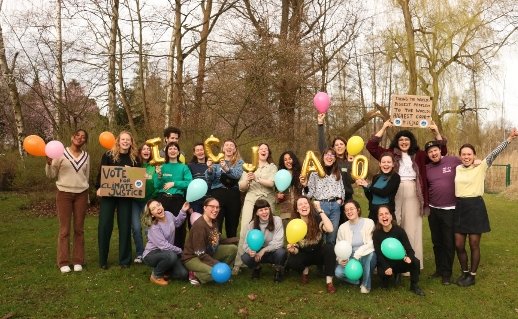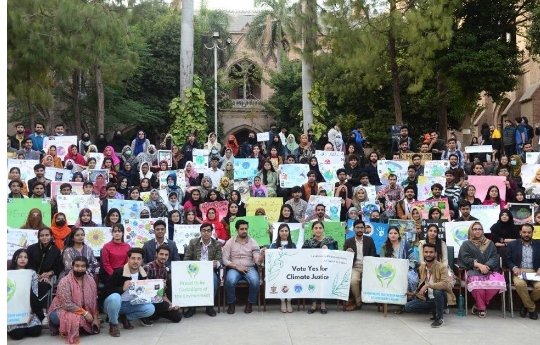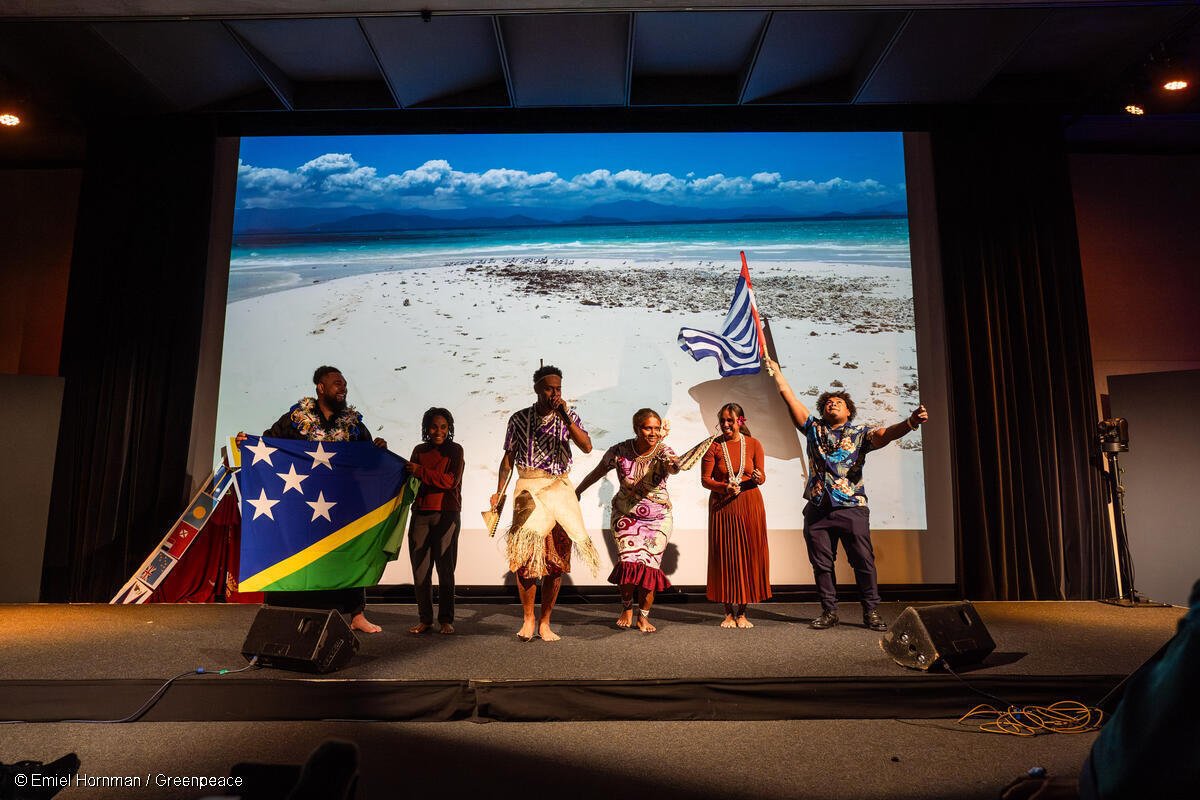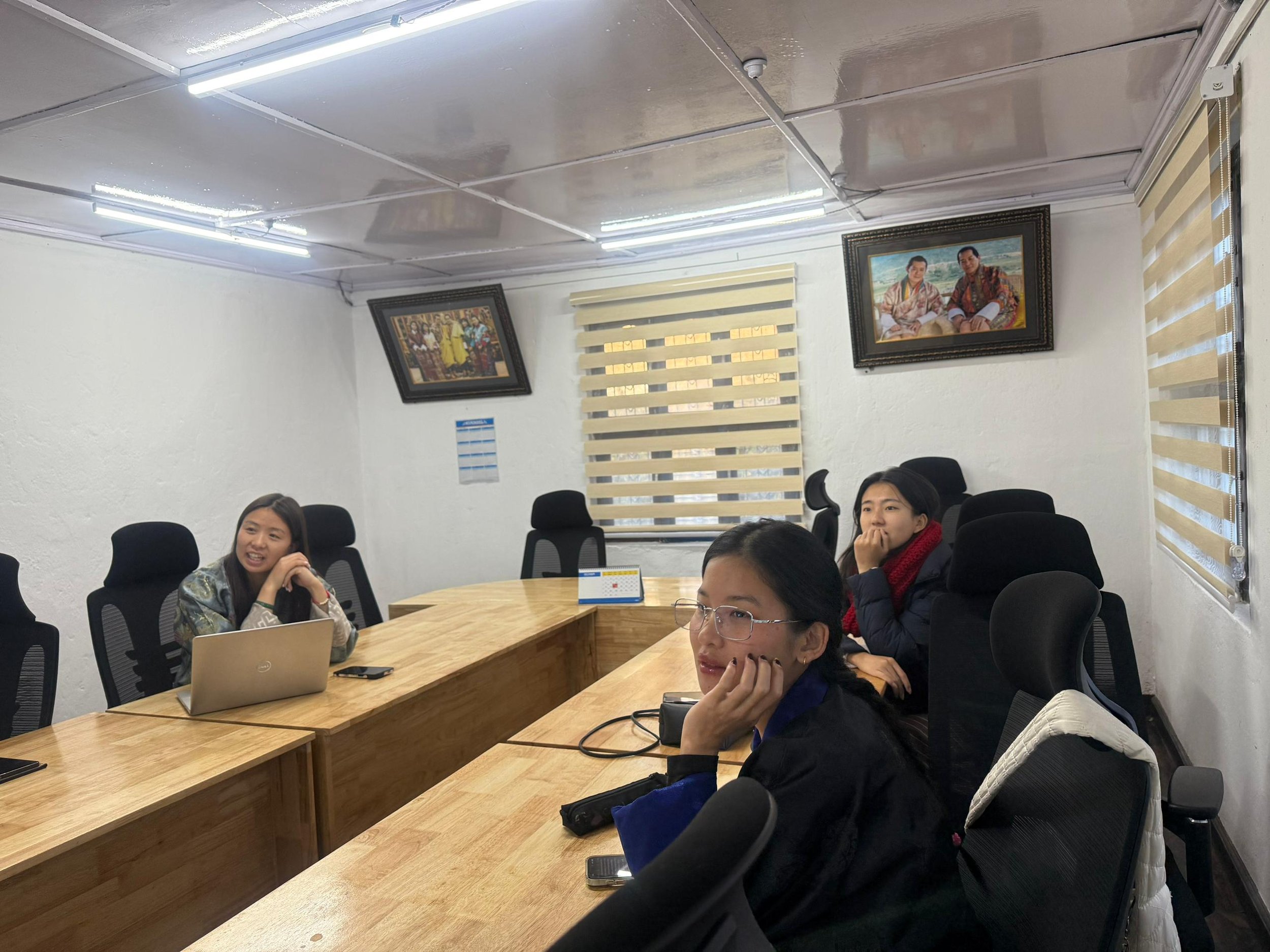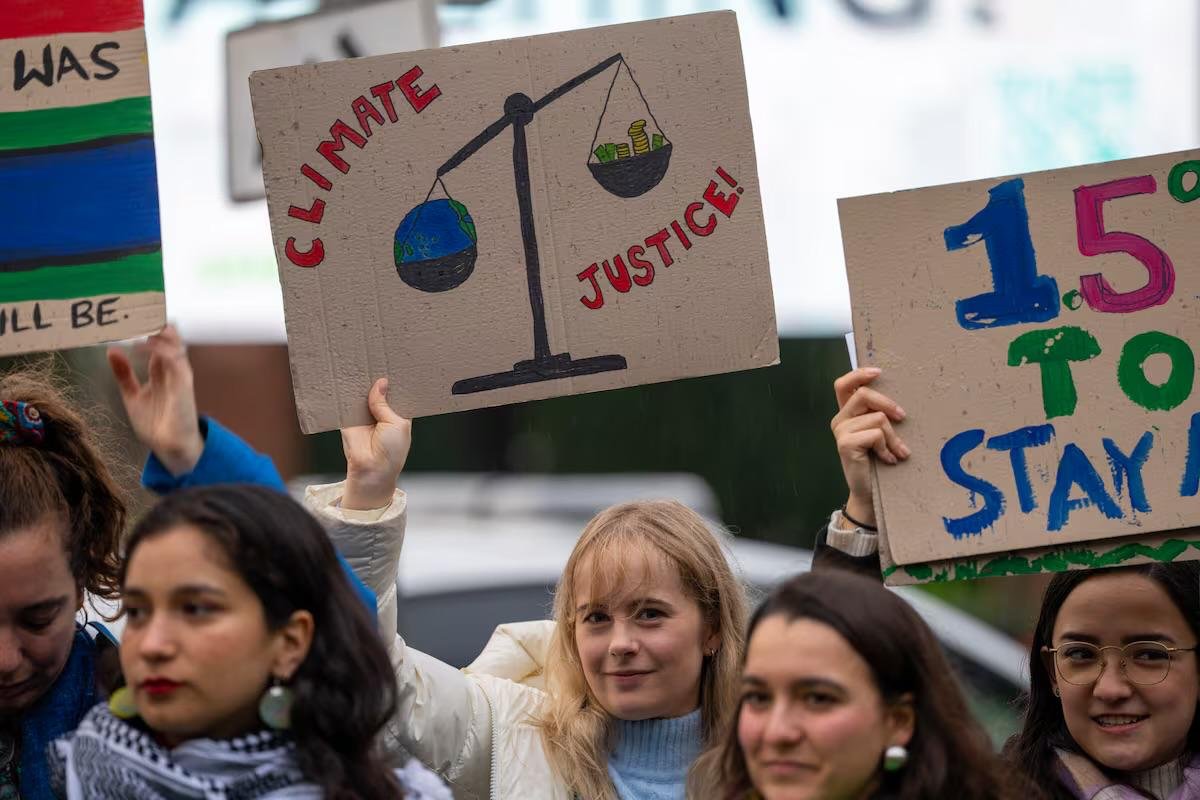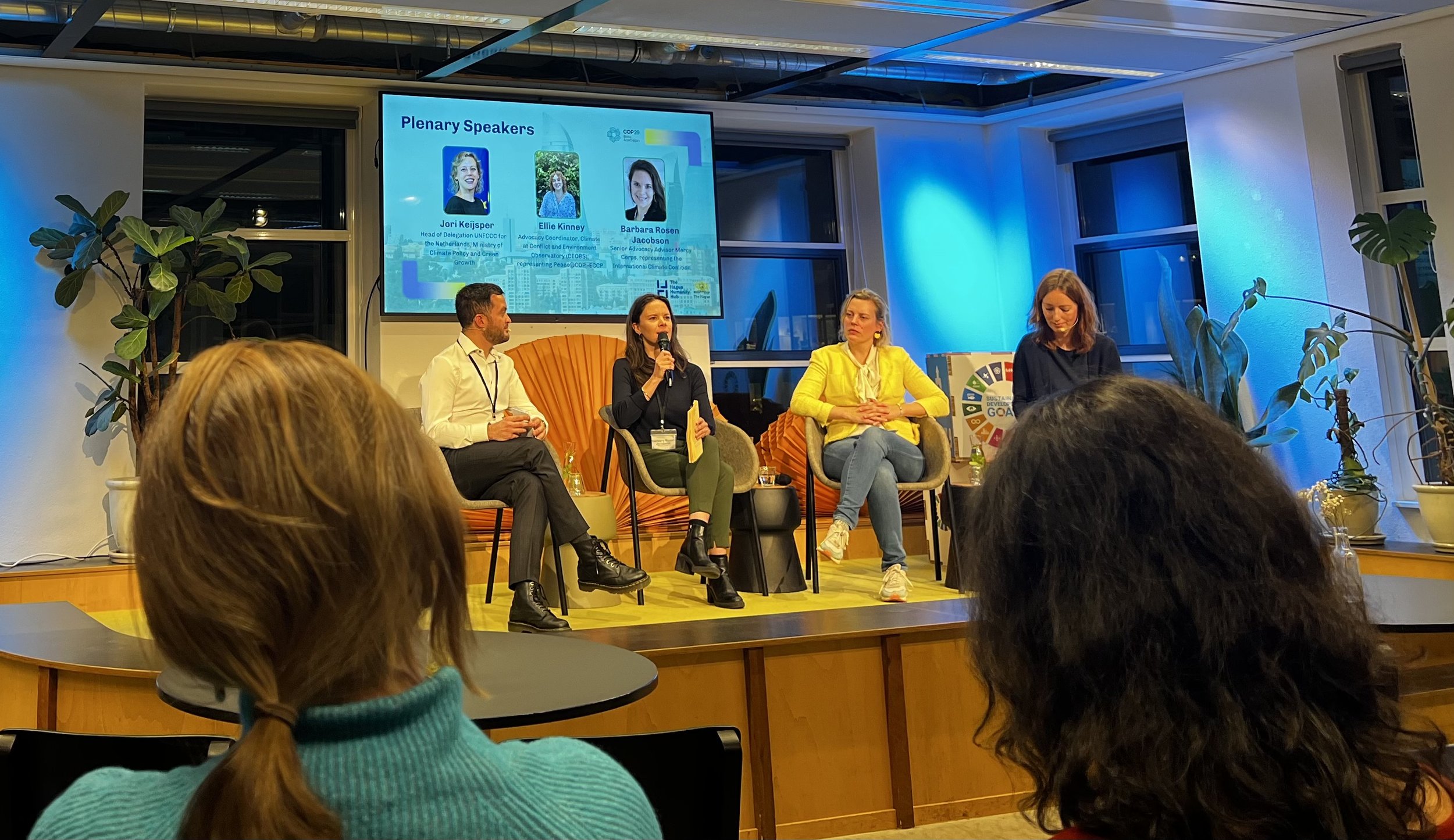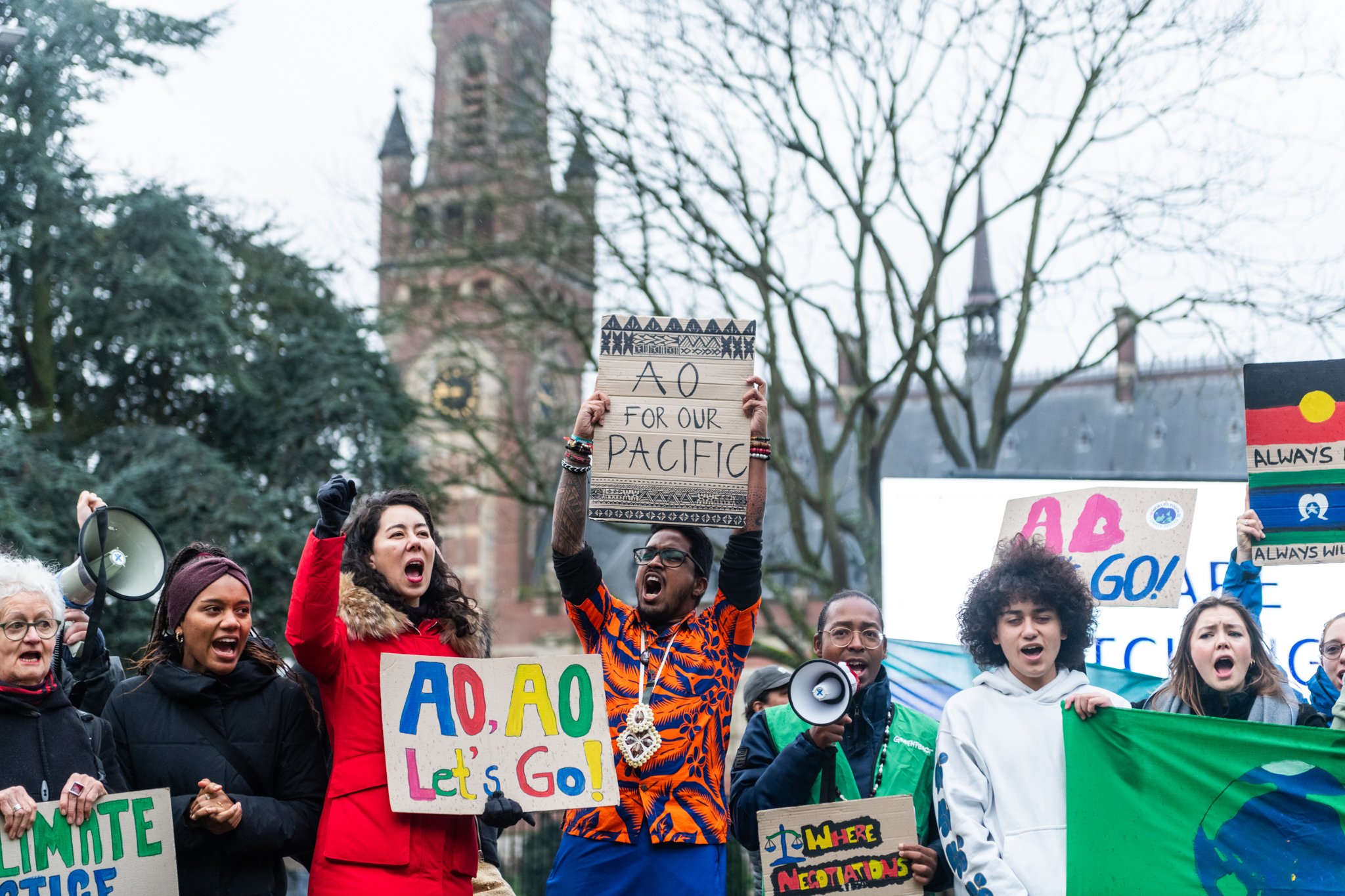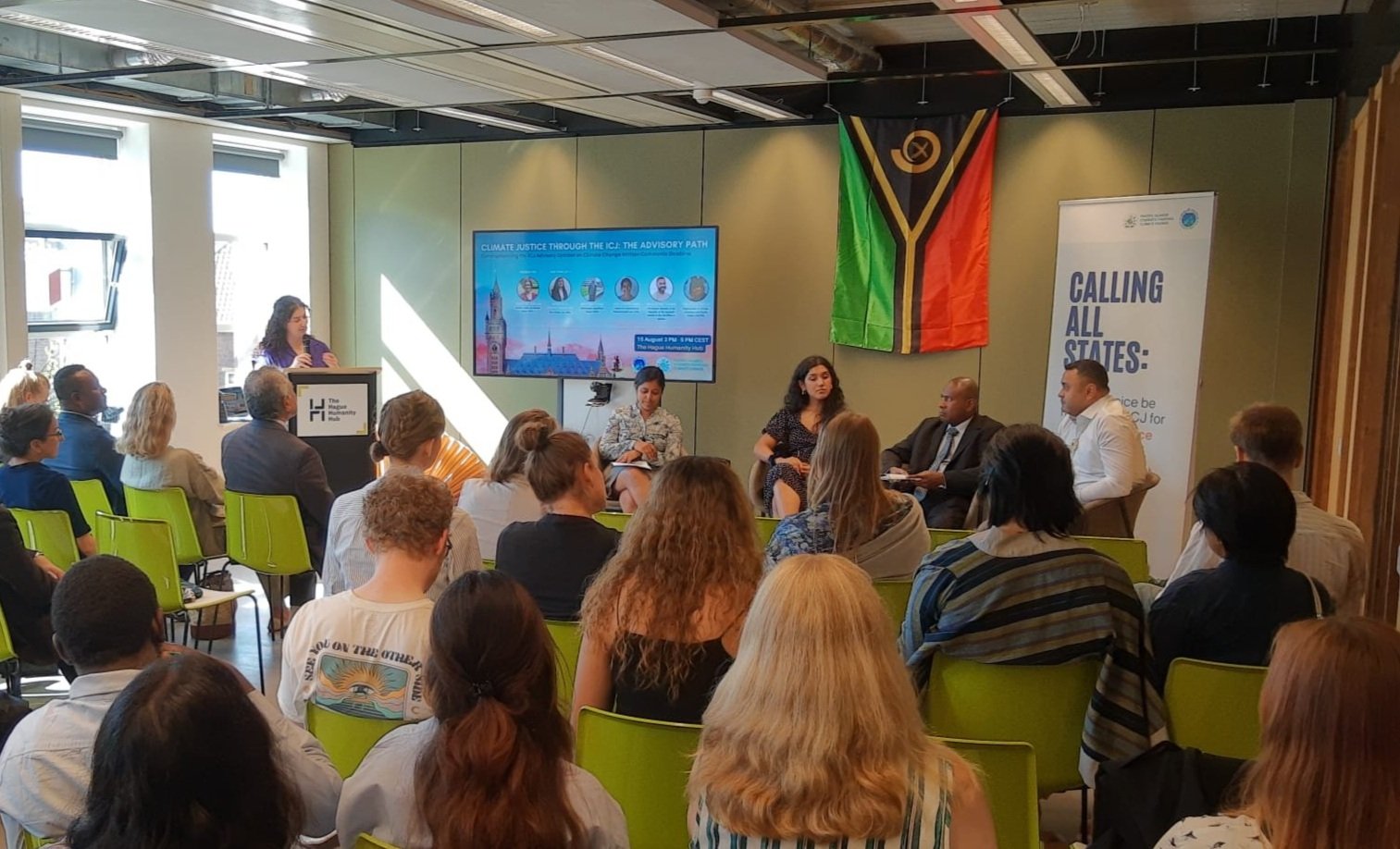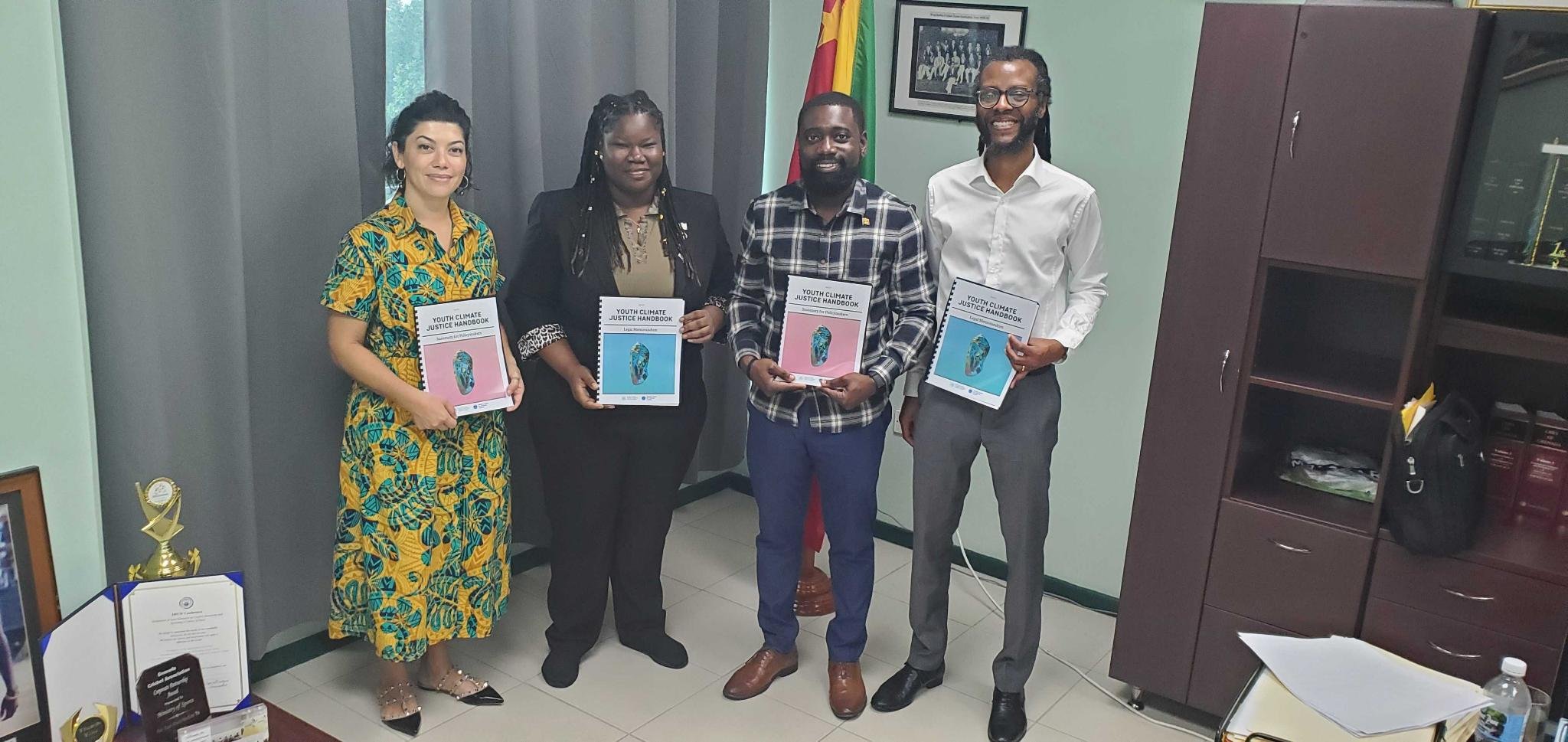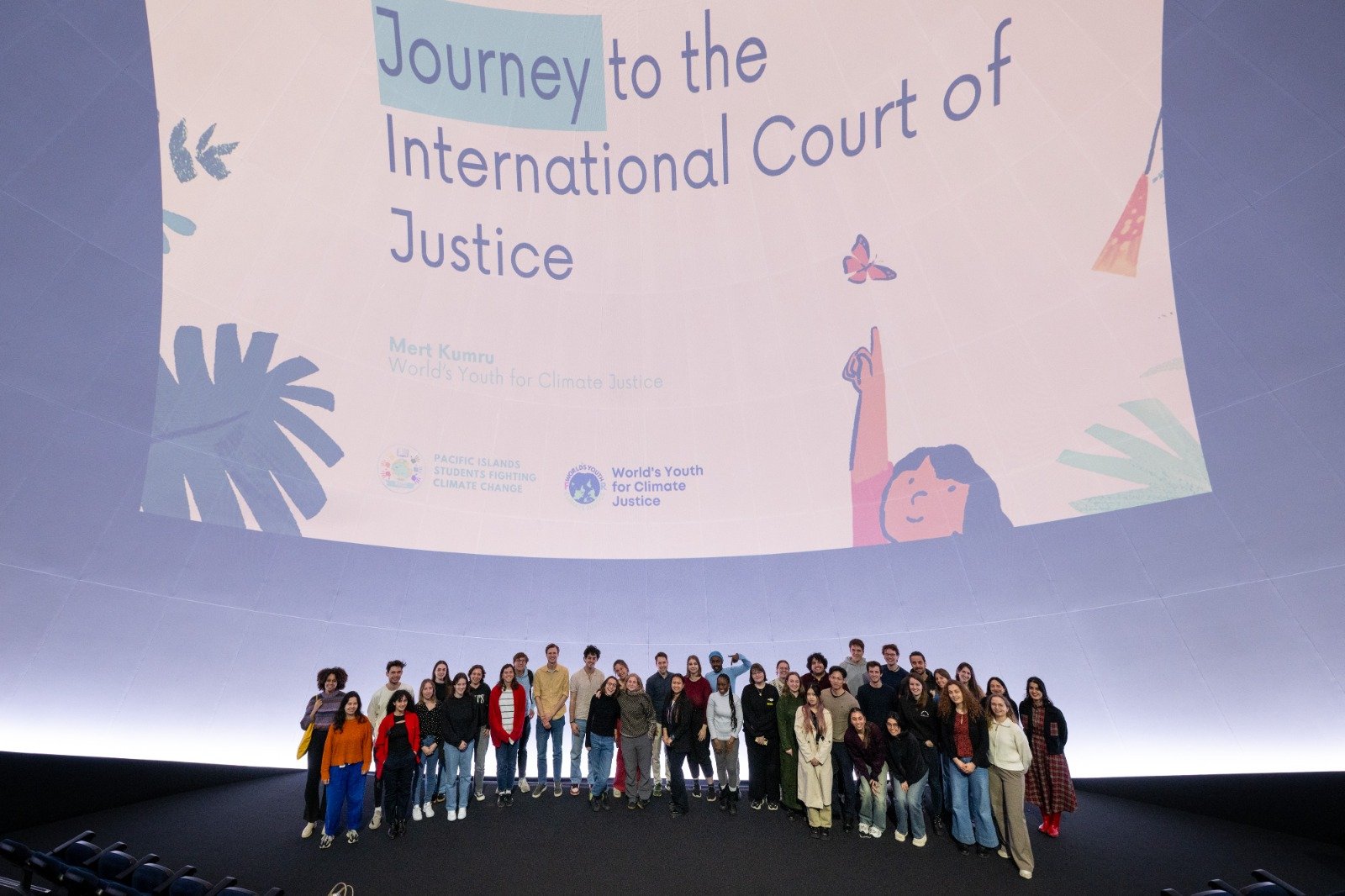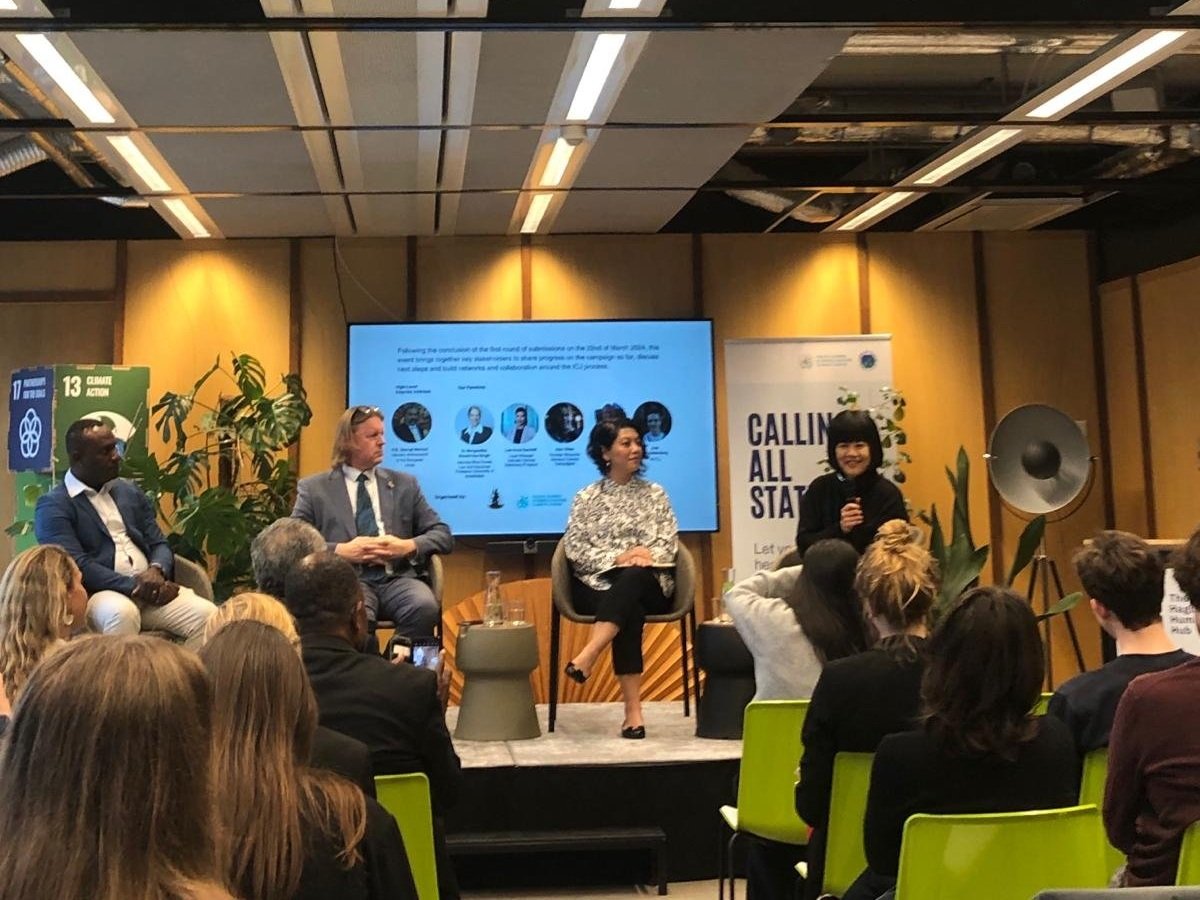Our Story
World’s Youth for Climate Justice is a global campaign taking climate change and human rights to the International Court of Justice to get an advisory opinion.
In 2019, 27 law students from the University of the South Pacific formed the Pacific Islands Students Fighting Climate Change (PISFCC).
In the same year, the Vanuatu government tabled the PISFCC’s proposal at the Pacific Island Forum. There, the 18 member states of the PISFCC noted positively the proposal for a United Nations General Assembly resolution seeking an advisory opinion from the International Court of Justice (ICJAO) on climate change and human rights.
Although a crucial step in the right direction, the resolution needed a simple majority vote of the 193 member states of the UN to be successful. Recognising this reality, the ICJAO campaign has grown beyond the Pacific, where Pacific youth and partners are working tirelessly to galvanize support both regionally and internationally.
Youth from around the world have united in this mission under the youth-led umbrella organisation World’s Youth for Climate Justice (WYCJ).
Join us in our journey to take the world’s biggest problem to the World’s Highest Court.
#OurFutureOurRights
Power of the People
Watch the Power of the People about the stark reality of climate change's adverse effects on the basic Human Rights of children and youth from the Pacific Islands and other climate-vulnerable countries.
